Life

Educators and Parents, Sign Up for The Cheat Sheet
Weekly updates to help you use Science News Explores in the learning environment
Thank you for signing up!
There was a problem signing you up.
-
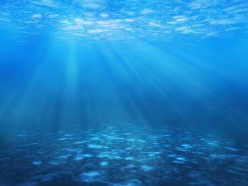 Microbes
MicrobesMystery microbes of the sea
Biologists find archaea a true curiosity. They make up one of life’s three main branches. The two better known branches are bacteria and eukaryotes (u KARE ee oatz). That last branch includes animals, plants and fungi. But archaea have remained mysterious. Very little is known about them. In fact, their unique status wasn’t even recognized until relatively recently, in 1977.
By Douglas Fox -
 Brain
BrainAge-old fears perk up baby’s ears
Kids start paying attention to scary sounds when only a few months old.
-
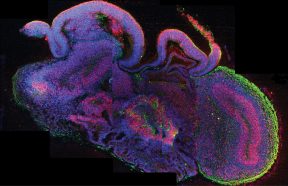 Life
LifeBuilding an almost-brain
Special cells can weave themselves together into blobs that, under a microscope, look a lot like the brain tissue in a developing fetus. You might think of these cellular masses as “brains-under-development.” Madeline Lancaster and Jürgen Knoblich offer a more technical name for them: “cerebral organoids.”
-
 Brain
BrainLearning words in the womb
Fetuses are listening. And they’ll remember what they heard. Studies had shown they can hear songs and learn sounds while in the womb. Now scientists show that fetuses can learn specific words, too. And for at least a few days after they’re born, babies can still recall commonly repeated words.
-
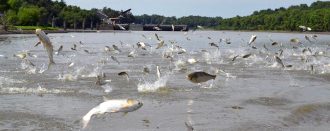 Animals
AnimalsAlien carp leap onto the scene
Last summer, Alison Coulter got a big surprise as she piloted a boat along the Wabash River in Indiana. Startled by her boat’s motor, a 60-centimeter (24-inch) carp leaped out of the river. In some cases, jumping Asian carp have broken a boater’s nose, jaw or arm.
By Roberta Kwok -
 Brain
BrainVideo games: When granddad wins
With some practice, people over 60 bested untrained 20-year-olds.
-
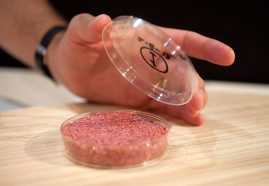 Health & Medicine
Health & MedicineMeet the new meat
Scientists made a hamburger without harming animals; but it cost as much as a house.
-
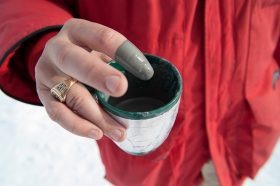 Animals
AnimalsMud worth more than gold
Reed Scherer and Ross Powell have studied mud from all over the world. It is different in each place. Mud from the Sulu Sea near Borneo is as smooth as cream cheese. Mud from Chesapeake Bay, in the mid-Atlantic United States, clings to your skin like peanut butter.
By Douglas Fox -
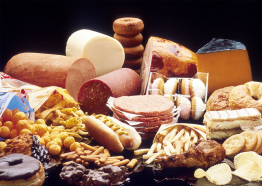 Brain
BrainPutting the brakes on overeating
Restoring a chemical in the gut sends a message to mouse brains to stop overeating.
-
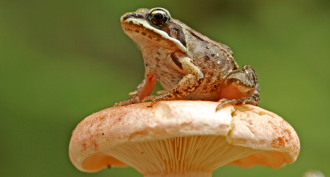
-
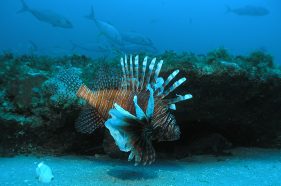 Animals
AnimalsGorgeous eco-bullies
‘Foreign’ lionfish — aquarium castoffs — have been invading American coastal waters at an alarming rate and gobbling up the natives.
By Janet Raloff -
 Brain
BrainCaffeine rewires brains of baby mice
Brain changes and memory problems plagued mouse pups whose moms had consumed caffeine during pregnancy.